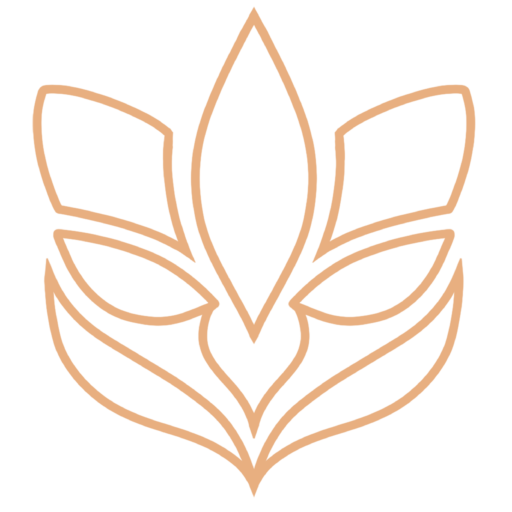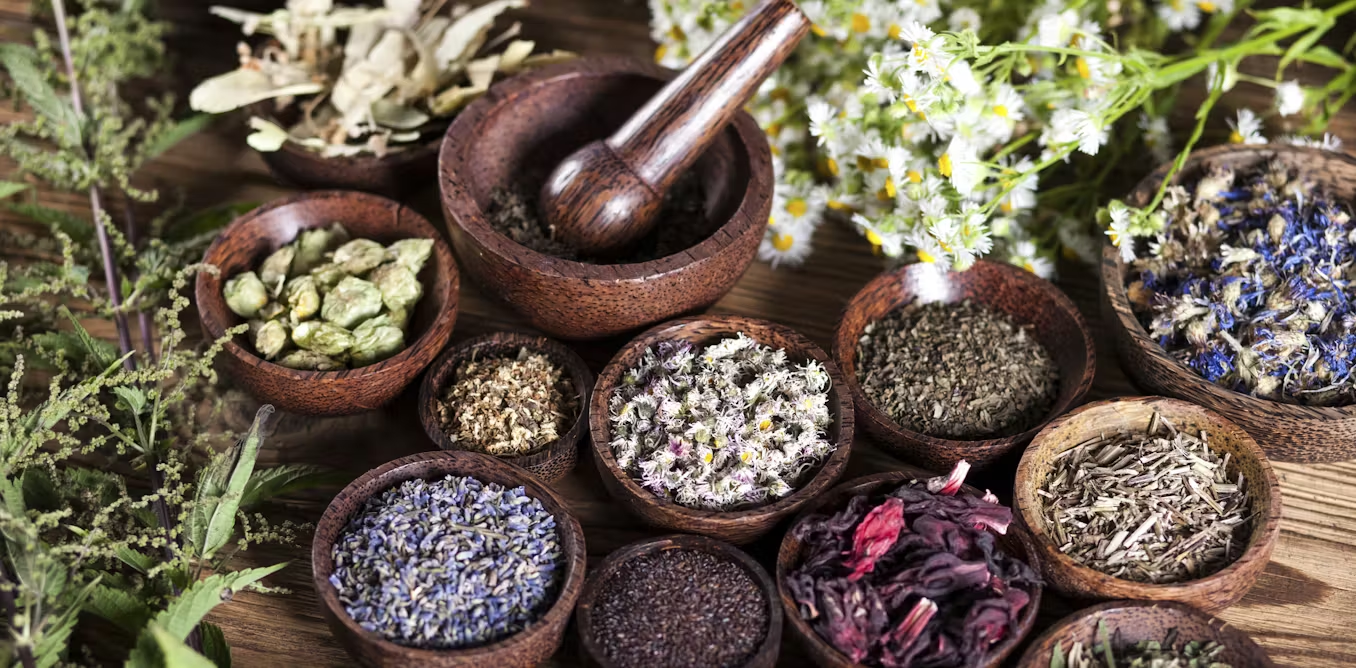Nature has always offered powerful tools for healing. Among the most enduring are herbal treatments, a time-tested form of natural medicine that offers holistic benefits and minimal side effects. As interest in wellness grows, more people are turning to plant-based remedies for safe, effective support.
🌱 What Are Herbal Treatments?
Herbal treatments involve using the medicinal properties of plants to support health and healing. These remedies are often part of complementary and alternative medicine and can come in the form of teas, tinctures, powders, capsules, or essential oils.
Unlike pharmaceuticals, most herbs work gently and naturally, supporting the body’s innate healing processes without harsh chemicals.
🧾 Learn more from National Center for Complementary and Integrative Health (NCCIH).
🌍 A Global Tradition: Herbal Remedies in Traditional Medicine
Across the globe, herbal medicine has been used for centuries as the foundation of traditional healing systems:
- Native American herbalism used roots and teas for fevers, wounds, and spiritual balance.
- Traditional Chinese Medicine (TCM) uses herbs like astragalus and ginseng to harmonize energy (Qi).
- Ayurveda, India’s ancient system, incorporates herbs such as ashwagandha and turmeric for mind-body balance.
- African traditional medicine features unique botanicals like moringa and devil’s claw.
This enduring wisdom is now recognized by the World Health Organization (WHO) as part of global health systems (source).
🌸 Common Medicinal Herbs and Their Natural Benefits
Each herb has its own active compounds that interact with the body in specific ways. Here are a few standout examples:
- 🌼 Chamomile – Calms nerves, improves sleep, and may reduce inflammation.
➡️ Chamomile overview – Mount Sinai - 🌿 Ginger – Eases nausea, supports digestion, and reduces muscle pain.
➡️ Ginger research – Cleveland Clinic - 💜 Lavender – Known for its relaxing aroma, it may ease anxiety and improve sleep.
➡️ Lavender for anxiety – NIH PubMed - 🌸 Echinacea – Popular during cold and flu season to support immune function.
➡️ Echinacea – Mayo Clinic
🔬 The Science Behind Herbal Medicine: Phytotherapy Explained
Modern science is catching up with traditional knowledge. In the field of phytotherapy, researchers are analyzing how plant compounds—such as gingerol in ginger or apigenin in chamomile—affect the body.
Clinical trials have shown promising results in areas like:
- Reducing inflammation
- Improving sleep
- Supporting cognitive function
- Enhancing immune response
🔬 Browse published studies on National Institutes of Health for evidence-based insights.
🤝 Can Herbal Treatments Work with Conventional Medicine?
Yes. Herbal remedies can often serve as supportive or complementary therapies. They’re commonly used for:
- Mild to moderate anxiety or stress
- Insomnia and disrupted sleep
- Digestive support
- Seasonal immune system boosts
However, it’s crucial to work with a licensed herbalist, naturopath, or integrative healthcare provider to avoid interactions—especially if you’re taking prescription medications.
📋 Check out this Herb-Drug Interaction Checker on WebMD.
🧘 Why Herbal Wellness Matters Today
In an age of overmedication and chronic stress, herbal treatments offer something unique: a return to nature, rooted in tradition and increasingly backed by science.
Herbs invite us to:
- Take charge of our health naturally
- Slow down and listen to our bodies
- Support long-term wellness with minimal side effects
- Choose sustainable, earth-conscious healing tools
Whether you’re brewing a cup of chamomile tea before bed or adding ashwagandha capsules to your daily routine, you’re engaging in an age-old ritual that honors both your body and the planet.
✅ Final Thoughts: Embracing Herbal Medicine for Holistic Wellness
The resurgence of herbal medicine is more than a trend—it’s a shift toward empowered, natural living. As research continues to affirm traditional knowledge, herbal treatments provide a powerful and practical way to support wellness from the inside out.
📖 Explore more with this beginner’s guide from Herbal Academy, or consider browsing your local apothecary for personalized herbal blends.

